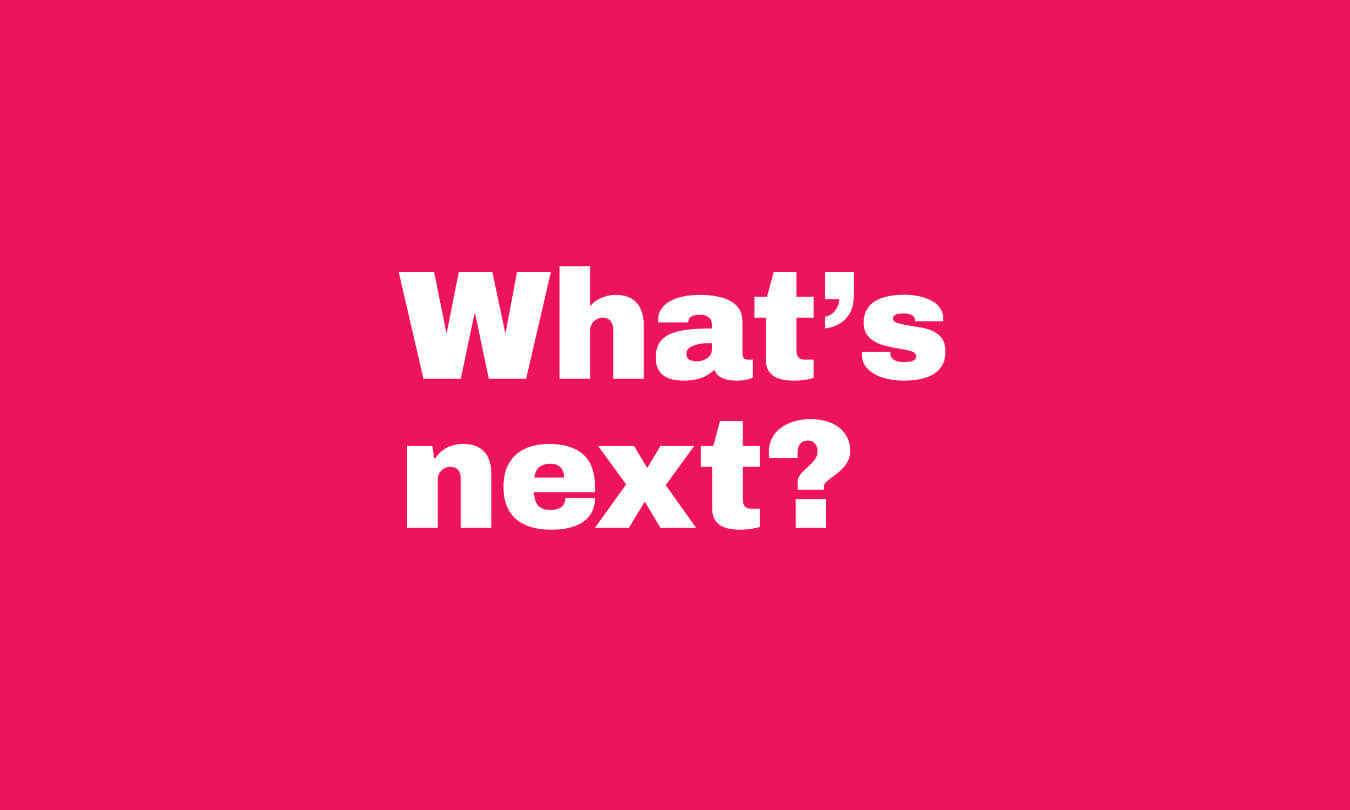This article is part of a series: The Past, Present and Future of OpenSAFELY
- The past, present and future of OpenSAFELY: Introduction
- How OpenSAFELY works
- Co-pilots give newcomers a helping hand
- Standard tools for data preparation, and federated analytics
- Output checking helps to keep private data safe
- The legal basis: ethics, controls and building trust
- Earning and maintaining trust: PPIE and more
- How OpenSAFELY began
- Consequences of COVID-19 and the role of vaccination
- “No other platform comes close”
- The 'unreal' speed of OpenSAFELY
- Using OpenSAFELY to fight antimicrobial resistance
- OpenSAFELY and antibiotics
- Using OpenSAFELY to carry out a randomised trial
- The OpenSAFELY Collaborative
- Some reflections about funding
- What's next for OpenSAFELY?
OpenSAFELY has been substantially stabilised over the past year. We’re always cautious about publicising big hopeful ideas. We prefer to share simple small prototypes directly with our users, get feedback, and iterate through delivery. But here is some of what we know, or hope, is coming soon.
Non-COVID permissions
In November 2023 NHS England, DHSC and Secretary of State announced that OpenSAFELY will cautiously expand to support analyses on non-COVID topics. The paperwork on this has progressed well, with support from all stakeholders: we hope to make a positive announcement soon.
Return to whole population coverage
OpenSAFELY delivers federated analytics, with the same code running in any OpenSAFELY-enabled data centre, covering all GP practices in TPP and EMIS. We were delighted to enable access to the whole nation’s GP data for many publications. However, while TPP have been able to work pro bono (for which we are very grateful), the EMIS half of the service has been switched off (very understandably) while awaiting funding from NHS England or similar to enable us to use their resources. We hope this will be resolved soon.
Wellcome core funding and new features
Our new core Wellcome grant is very exciting: it stabilises the core team, to keep developing new methods to join up new datasets and new data centres, and to implement those ideas in working tools and services. This grant is deliberately not tethered to a shopping list of features or datasets. It lets us follow the amber lights, in the desired direction of travel, across diverse non-health and non-UK datasets, and new functionality in our tools. We are hugely grateful.
Wellcome mental health funding
The second of our two Wellcome grants is much more specific. We are working closely with the NHS Talking Treatments team to link up mental health data with electronic health record data, and to develop a new kind of health data research service. Stay tuned.
OpenSAFELY-Schools with the National Institute of Teaching
In late 2024 we started a new deep collaboration funded by Nuffield Trust and the philanthropy fund at XTX Markets to develop new tools and services on top of detailed schools data. More soon.
Lastly:
Not just OpenSAFELY!
The OpenSAFELY tools were specifically built to address the particular challenges of privacy, transparency, efficiency and reproducibility when users are accessing national-scale GP data. But other datasets present very different challenges, and need very different solutions.
We have a range of ideas around different datasets, different ways of linking data centres, and different models of access, that we are discussing with new partners. These include: new ways to do old-fashioned remote desktop Trusted Research Environments (TREs) more safely and efficiently; new ways of passing data carefully between data centres; and more.
They are very different to the OpenSAFELY model, but they keep our core ethos:
- collaborate and re-use all good existing tools or services
- put creative technical delivery teams at the heart of the work, tightly coupled to research domain expertise
- and work around barriers like privacy with ideas and engineering, rather than advocacy alone
Would you like to work with us? Get in touch! Email: team@opensafely.org



